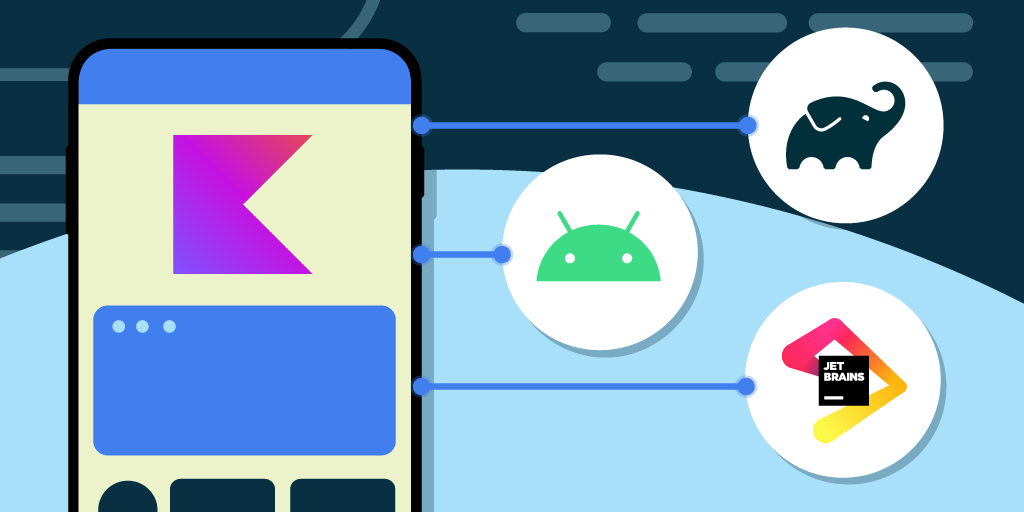 ☰
🔍
☰
🔍
13 huhtikuuta 2023
 Posted by James Ward, Product Manager, Kotlin and Boris Farber, Developer Relations Engineer
Posted by James Ward, Product Manager, Kotlin and Boris Farber, Developer Relations Engineer

Android has been Kotlin-first for four years and many Android developers have made the switch resulting in higher productivity and more stable apps. However the default language to define builds has been Groovy (build.gradle), even though a Kotlin (build.gradle.kts) option has existed in Gradle for a number of years.
Today we're excited to announce that we're switching the default language for build scripts to Kotlin! This means that Kotlin is the single default language used for all project code, including UI with Jetpack Compose, and now build scripts! We've been working with the Gradle and JetBrains teams on this improvement, and you can read more in their related announcements: Gradle Blog; JetBrains Blog.
This doesn’t affect existing projects using Groovy, as those will continue working with no plans for deprecation. But if you are creating new projects or modules starting from Android Studio Giraffe, you now get the Kotlin DSL by default. The updated project templates are an easy way to get started with the new Kotlin DSL build scripts. To migrate existing builds, check out the Kotlin DSL migration guide.
While the Kotlin DSL is the default for new projects, large, existing Groovy DSL based projects should wait on migrating while Gradle, JetBrains, and Google work on improving build performance further. This work is ongoing and we will share updates as we make progress. Specifically, script compilation performance is slower than with the Groovy DSL. However, unlike with the Groovy DSL, the Kotlin DSL script compilation results are stored in Gradle local and remote caches so that subsequent builds do not need recompilation.
Having a single language for all code in a project isn't the only benefit to this change, so let's look at some other great things about using the Kotlin DSL for Gradle builds.



An associated change we are also making to the New Project templates is an experimental option to use Gradle Version Catalogs with Kotlin DSL build scripts.

Version Catalogs give you a centralized, scalable way of defining your project’s dependencies. While using Version Catalogs is optional, they pair great with the Kotlin DSL by providing more type safety in your build definitions.

To learn about migrating to Version Catalogs, check out the migration guide.
The new Kotlin DSL default change is available now in Android Studio Giraffe previews. Please try it and let us know how it goes!